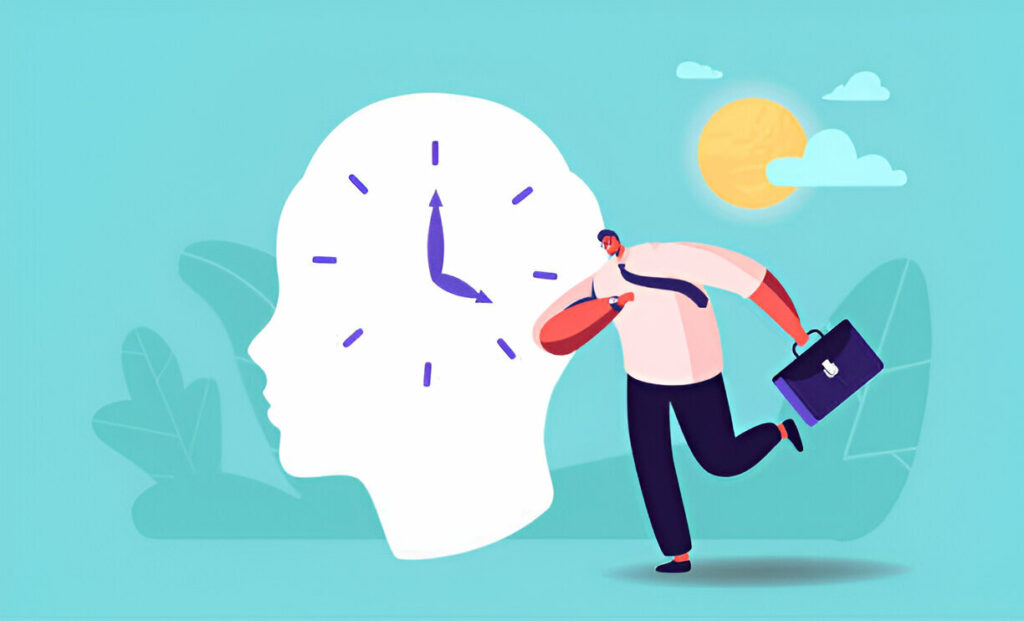Are you aware of how your daily habits might be affecting your hormones? Hormones act as the body’s chemical messengers, influencing everything from metabolism to mood and overall health. However, many individuals fail to recognize the influence that routine behaviors have on hormonal balance.
This article explores five common habits that are silently disrupting your hormonal health right now. With each section, readers will gain insights into how seemingly benign daily choices—like drinking alcohol, skimping on sleep, or relying heavily on caffeine—can lead to significant hormonal changes.
By understanding these effects, one can take proactive steps toward a healthier, more balanced lifestyle. Whether it’s adjusting your diet or modifying your sleep patterns, small changes can make a big difference in how you feel each day.
Harmful Habit #1: Alcohol
How Does Alcohol Affect Your Hormones?
Consuming alcohol, even in moderate amounts, can have profound effects on the endocrine system. Alcohol disrupts the hypothalamic-pituitary-adrenal (HPA) axis, which regulates stress responses and can lead to the suppression of important hormones like cortisol and adrenaline.
For men, alcohol can significantly lower testosterone levels, impacting muscle growth, libido, and mood. In women, excessive alcohol intake can disrupt menstrual cycles and lead to irregularities due to altered estrogen and progesterone levels.
Another critical hormonal impact of alcohol consumption is on the production of human growth hormone (HGH). Health professionals often warn about the risks associated with HGH and alcohol, advising that even moderate drinking can disrupt hormone production.
HGH is vital for growth, cell repair, and metabolism. Alcohol consumption can decrease the secretion of HGH by disrupting the sleep cycle, particularly the rapid eye movement (REM) sleep phase during which the highest levels of HGH are released. This reduction in HGH not only hampers the body’s ability to repair itself but also affects overall growth functions and the maintenance of healthy body composition.
Long-Term Consequences
Chronic alcohol consumption can also contribute to insulin resistance, a precursor to diabetes, by disrupting the way that hormones regulate blood sugar. The liver, which plays a pivotal role in hormone regulation by metabolizing hormones and regulating their levels, can be severely damaged by continuous alcohol exposure. This damage further exacerbates hormonal imbalances, creating a vicious cycle of metabolic issues and endocrine disruption.
Harmful Habit #2: Lack of Sleep
What is the Relationship Between Hormones and Sleep?
Sleep is crucial for the proper functioning of the endocrine system. During sleep, the body regulates levels of cortisol, growth hormone, and insulin. A lack of sleep can lead to elevated cortisol levels, which not only makes you feel more stressed but also predisposes you to weight gain and heart disease. Growth hormone, vital for tissue repair and muscle growth, is primarily released during deep sleep phases, and deprivation can hinder physical recovery and metabolism.
Consequences of Sleep Deprivation
Consistently poor sleep patterns are associated with altered hunger hormones, ghrelin and leptin, leading to increased appetite and potential weight gain. Over time, chronic sleep deprivation can increase the risk of serious health issues like type 2 diabetes, obesity, and hypertension, all of which are influenced by hormonal imbalances. Given the rise in type 2 diabetes partly due to lifestyle factors, diabetes telemedicine has emerged as a valuable tool in managing diabetes by providing remote access to healthcare professionals, enabling continuous monitoring and personalized care.
Harmful Habit #3: Excessive Caffeine Intake
Does Caffeine Mess With Your Hormones?
Caffeine stimulates the central nervous system and elevates cortisol levels, mimicking the body’s response to acute stress. While a moderate amount of caffeine can be part of a healthy lifestyle, excessive intake can lead to sustained cortisol levels, disrupting sleep and, by extension, further hormonal balance. For women, high caffeine consumption has been linked to increased estrogen levels and changes in the menstrual cycle.
Potential Risks of Overconsumption
Chronic high levels of caffeine can exacerbate anxiety symptoms and lead to adrenal fatigue, where the adrenal glands can no longer maintain optimal cortisol production. This condition can lead to chronic fatigue, depression, and a lowered immune response.
Harmful Habit #4: Poor Diet
How Your Diet Affects Your Hormones?
The foods you eat directly affect your hormones. Diets high in refined sugars and processed foods can spike insulin levels and lead to insulin resistance over time. Such diets can also impact the balance of sex hormones, exacerbating conditions like polycystic ovary syndrome (PCOS) in women and leading to decreased testosterone levels in men.
Nutritional Considerations for Hormonal Balance
Incorporating a balanced diet rich in whole foods, fibers, proteins, and healthy fats can help maintain hormonal equilibrium. Foods like avocados, nuts, and fatty fish provide essential fatty acids that support hormone synthesis and regulation.
Harmful Habit #5: Sedentary Lifestyle
Can Lack of Exercise Affect Hormones?
Physical activity directly influences hormone levels by improving insulin sensitivity and increasing levels of hormones that promote muscle maintenance and growth, such as testosterone and human growth hormone (HGH). A sedentary lifestyle, conversely, can lead to weight gain, which itself can disrupt hormonal balances by promoting the production of estrogen from fat tissue.
Encouraging Regular Exercise
Regular exercise not only helps correct hormonal imbalances but also improves mood, energy levels, and overall health. It is recommended to engage in both aerobic and strength-training exercises to maximize the hormonal benefits.
Conclusion
Recognizing and modifying these detrimental habits can substantially improve your hormonal health and overall well-being. Whether it’s reducing alcohol intake, ensuring adequate sleep, moderating caffeine consumption, eating a balanced diet, or incorporating regular physical activity, small changes can lead to significant health benefits. Understanding the interplay between our habits and hormonal health allows us to make more informed decisions to lead healthier lives.
Also, read –



